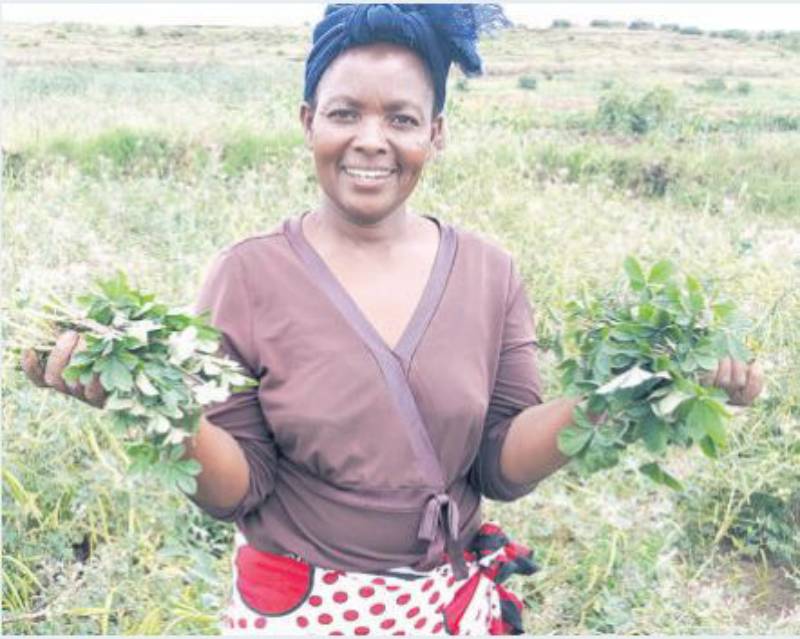×
The Standard e-Paper
Home To Bold Columnists

Wangui Muchangi is a vegetable farmer at the Mwiki area in the outskirts of Nairobi and she grows sukuma wiki, spinach and a couple of indigenous vegetables.
Whenever a visitor arrives at her farm, you will not fail to spot a green canopy of the crop swinging away from the wind. The farm is about five kilometers from Mwihoko.